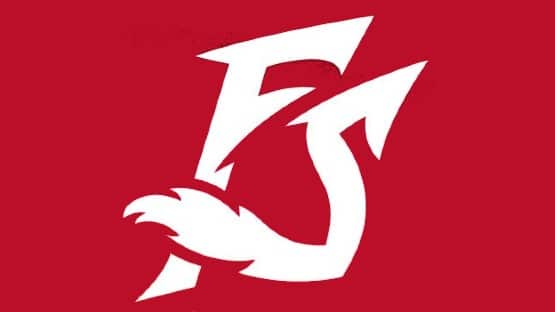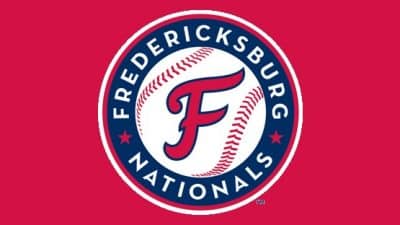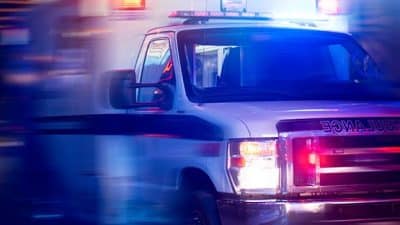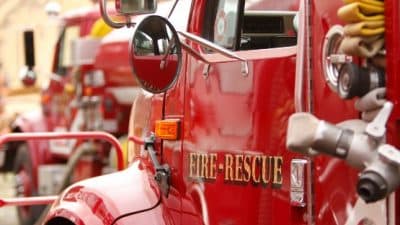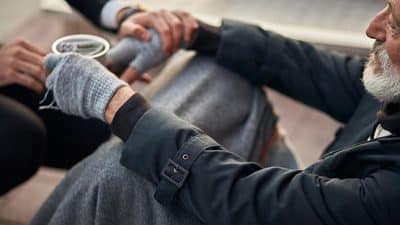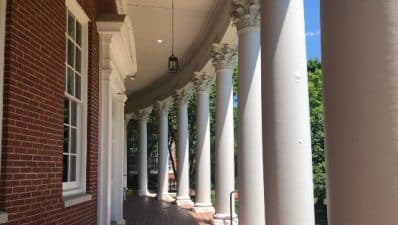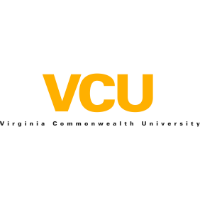
“Once prevalent and seen in huge piles, oyster shells have become quite scarce in the Chesapeake Bay,” said VOSRP director Todd Janeski. “We ensure the shells are returned to the Virginia portion of the Chesapeake as part of restoration activities.”
The Charlottesville expansion builds off an already successful program in Richmond, where more than two dozen local restaurants recycled more than 50,000 pounds of shells in 2014. Oysters provide critical environmental services such as filtering up to 50 gallons of water a day by consuming sediments and pollution. The filtration process plays a significant role in the clarity of the water column, allowing for aquatic grasses to grow and providing a critical habitat for young fish and crabs. The oyster reefs offer a valuable hard bottom habitat for larger fish and shoreline protection from wave and storm impact. Additionally, the decomposing shells help to maintain steady pH levels in the bay.
Oyster shell recycling provides local businesses with the opportunity to promote the protection and remediation of the Chesapeake Bay by becoming involved in the restoration of wild, native oysters. “I hate the idea of throwing away such a valuable commodity,” said Daniel Kaufman, owner of Public Fish and Oyster. “Sustainability is part of what we want to communicate to our customers and tossing oyster shells into a landfill doesn’t help our message.”
Other participating restaurants include Fosset’s at the Keswick Hotel, Blue Light Grill, Rhett’s River Grill and Raw Bar, and Rocksalt.
The program expansion is supported by the Virginia Sea Grant, and relies upon partnerships with the Chesapeake Bay Foundation, Virginia Master Naturalist Program and the University of Virginia.



